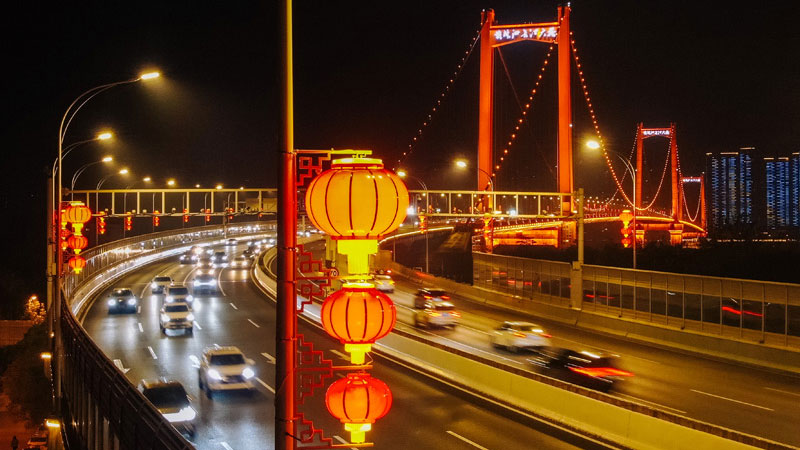Interview: Japan's unilateral radioactive wastewater discharge irresponsible, harmful: green activist
SEOUL, Jan. 14 (Xinhua) -- Japan's unilateral push to discharge radioactive wastewater from its crippled Fukushima Daiichi nuclear power plant into the Pacific Ocean is irresponsible and harmful, as the Japanese government pursued it without consultations with neighboring countries, a South Korean green activist said.
"It is very concerned that Japan is still unilaterally pushing for the discharge of the Fukushima contaminated water," Ahn Jae-hun, energy and climate change director at the Korea Federation for Environment Movement, told Xinhua on Saturday.
"Neighboring countries such as (South) Korea and China could suffer more direct damage, so Japan had to consult with them. The problem is that Japan follows its own process (without consultations)," said Ahn.
"A sizeable amount of the contaminated water, such as tritium, is difficult to purify no matter how much purification is performed. It is very irresponsible to release it as it is."
Japan's planned release of tritium-laced wastewater from the Fukushima power plant into the sea will start around this spring or summer, according to Kyodo News reports citing the Japanese government.
Japan decided in April 2021 to start dumping about 1.25 million tons of nuclear wastewater into the ocean spanning 30 years from 2023.
The Japanese government has claimed that the contaminated water could be diluted with water and discharged at a low concentration after being treated with an advanced liquid processing system (ALPS).
The green activist, however, noted that the radioactive substances cannot be completely filtered through the ALPS, saying substances, such as tritium, will be poured into the sea unfiltered.
"A lot of radioactive materials have already flowed into the sea after the Fukushima nuclear disaster. Because of that, fish contaminated with cesium are caught in waters off Fukushima," said Ahn.
According to the South Korean environmental group's analysis of the 2021 data from Japan's Ministry of Health, Labor and Welfare, cesium was detected from 8 percent of Japanese fishery products.
"Once (the contaminated water) is thrown into the sea, it cannot be retrieved. Environmental effects from radioactive materials cannot be felt immediately, but will inevitably appear over a long period of time," Ahn said.
"The Pacific Ocean is not the sea of Japan, but the sea of everybody ... Pollutants will flow to neighboring countries in a situation that a lot of radioactive materials have already been released and contaminated (the marine ecosystem)," said the green activist.
The South Korean government, which has opposed the radioactive wastewater dumping by Japan, reiterated its opposition.
"Putting top priority on public health and safety, the government will continue to respond by maintaining its position that the contaminated water from the Fukushima nuclear power plant should be safely disposed of in accordance with international standards from the objective and scientific perspectives," a South Korean foreign ministry official said Friday.
Photos
Related Stories
- Japan's central bank raises views of 4 regional economies as activities pick up
- Japan's Kishida claims no plans for snap election "for now" as public support wanes
- Japan logs record 415 daily COVID-19 deaths
- Japan's Kishida may sack another scandal-hit minister
- Japan's new security strategy eclipses pacifism, raises concern
Copyright © 2023 People's Daily Online. All Rights Reserved.









